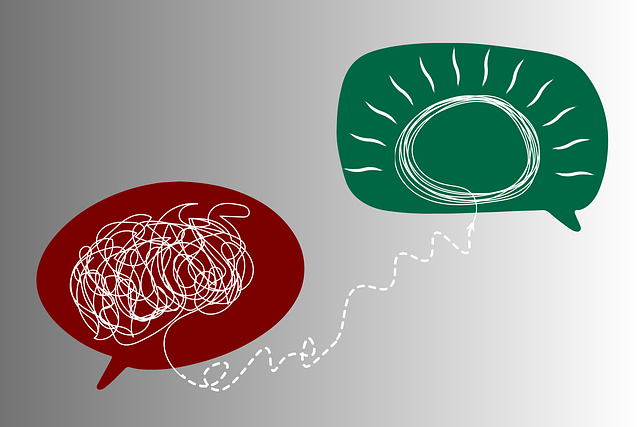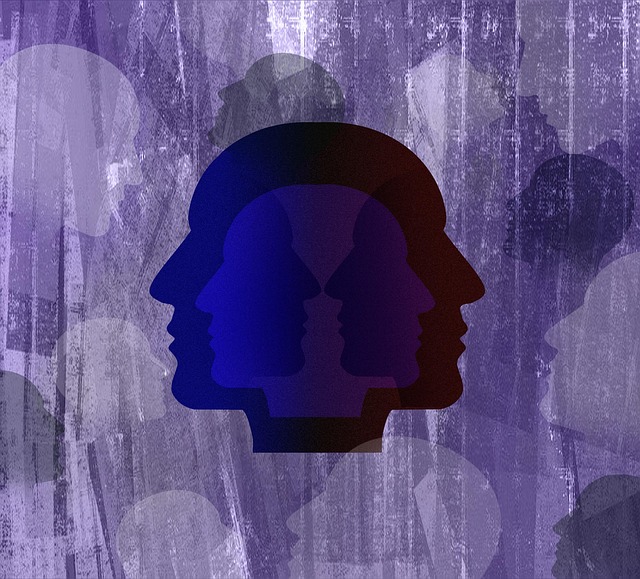Mental health crisis hotlines provide 24/7 confidential support, offering immediate assistance, active listening, and expert guidance using evidence-based treatments like Dialectical Behavioral Therapy (DBT) to stabilize individuals in distress. These hotlines alleviate pressure on healthcare systems, promote self-care, and foster empathy, acting as vital tools for burnout prevention among providers while ensuring accessible mental health support. By connecting people to local resources, awareness campaigns, and therapy options like DBT, these hotlines play a crucial role in healing, recovery, and proactive emotional well-being. Future integration into primary care with AI tools aims to enhance accessibility and efficiency, reducing barriers to mental health support.
“In today’s fast-paced world, mental health crisis hotline support services play a pivotal role in assisting individuals navigating severe emotional distress. This article explores the significance and effectiveness of these 24/7 resources, with a particular focus on Dialectical Behavioral Therapy (DBT), a game-changer in crisis intervention. We’ll delve into understanding crisis hotlines, DBT’s therapeutic approach, accessing support, and the profound impact on lives. Additionally, we’ll discuss the future of crisis hotline interventions and their evolving role in mental health care.”
- Understanding Mental Health Crisis Hotlines
- The Role of Dialectical Behavioral Therapy (DBT)
- Accessing and Utilizing Support Services
- The Impact and Future of Crisis Hotline Interventions
Understanding Mental Health Crisis Hotlines

Mental health crisis hotlines are vital support services designed to provide immediate assistance and guidance during intense emotional distress or mental health crises. These 24/7 helplines offer a safe, confidential space for individuals struggling with various mental health issues. Trained professionals answer calls, offering active listening, crisis intervention, and valuable resources. The primary goal is to stabilize the individual, prevent further deterioration, and connect them with appropriate long-term care options, such as therapy for Dialectical Behavioral Therapy (DBT).
Understanding the importance of these hotlines is crucial, especially in light of burnout prevention strategies for healthcare providers. By offering immediate support, they alleviate pressure on primary care systems and enable professionals to focus on more complex cases. Moreover, promoting self-care routine development for better mental health can be fostered through the guidance provided during hotline interactions. Empathy building strategies are also integral to these services, ensuring individuals feel understood and supported during their time of vulnerability.
The Role of Dialectical Behavioral Therapy (DBT)

Dialectical Behavioral Therapy (DBT) plays a pivotal role in addressing mental health crises and promoting emotional well-being. This evidence-based therapy was originally developed for individuals with borderline personality disorder, but its benefits extend to a broader range of issues. DBT combines cognitive behavioral techniques with mindfulness practices, offering a comprehensive approach to help clients manage intense emotions, improve communication strategies, and develop effective coping mechanisms.
The therapy focuses on teaching practical skills in four key areas: emotional regulation, distress tolerance, interpersonal effectiveness, and mindfulness. By learning these Emotional Well-being Promotion Techniques, individuals gain better control over their emotional responses, enhance their Social Skills Training, and improve their ability to navigate challenging situations. DBT’s structured format, combined with individual therapy sessions and group skills training, empowers individuals to confront crises more effectively and fosters a deeper sense of stability and balance in their lives.
Accessing and Utilizing Support Services

Accessing support services for mental health crises is a vital step towards healing and recovery. Many resources are available to individuals in need, including dedicated hotline numbers that offer confidential and immediate assistance. These hotlines often provide a safe space for people to express their emotions and concerns, guiding them towards appropriate solutions. Trained professionals on the other end can offer therapy, such as Dialectical Behavioral Therapy (DBT), which teaches valuable communication strategies to manage intense emotions and distressing situations effectively.
Utilizing these services is a proactive approach to mental well-being. Hotline staff can connect individuals with local support groups or community outreach programs implemented specifically for crisis intervention. They can also direct people towards relevant public awareness campaigns that educate the community about recognizing and addressing mental health concerns. Effective communication, whether through hotlines or community engagement, plays a significant role in ensuring that those facing crises receive timely and suitable assistance.
The Impact and Future of Crisis Hotline Interventions

The evolution of crisis hotline interventions has significantly contributed to global mental health support systems. These services play a pivotal role in providing immediate assistance and guidance during moments of intense emotional distress or suicidal ideation. By offering confidential, free-of-charge access to trained professionals, hotlines like Crisis Text Line and the National Suicide Prevention Lifeline have become life rafts for countless individuals grappling with mental health crises. The impact extends beyond crisis resolution; it facilitates initiation of therapy for dialectical behavioral therapy (DBT), a highly effective treatment approach known for its emphasis on emotional healing processes and coping skills development.
Looking ahead, the future of crisis hotline interventions promises to be even more robust and integrated into primary care settings, potentially reducing barriers to mental health support. With ongoing technological advancements, the integration of AI-driven tools could enhance accessibility and efficiency, ensuring that individuals in need receive timely and personalized guidance. Moreover, these services are likely to expand their scope, not only addressing acute crises but also focusing on confidence boosting through proactive emotional support and resource referrals, ultimately aiming to foster long-term mental well-being.
Mental health crisis hotline support services play a pivotal role in providing immediate assistance and long-term solutions. By combining traditional interventions with innovative approaches like Dialectical Behavioral Therapy (DBT), these hotlines offer comprehensive care tailored to diverse needs. Accessing these services is easier than ever, ensuring that folks in crisis can receive the help they deserve promptly. The future of crisis hotline interventions looks promising, with ongoing research and technological advancements promising enhanced reach and effectiveness, ultimately fostering better mental well-being for all.














